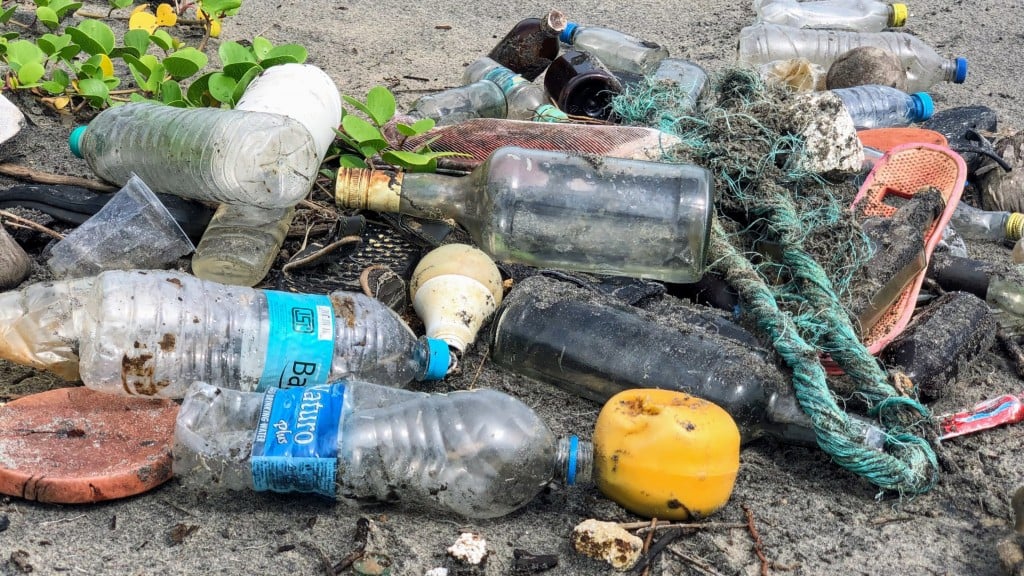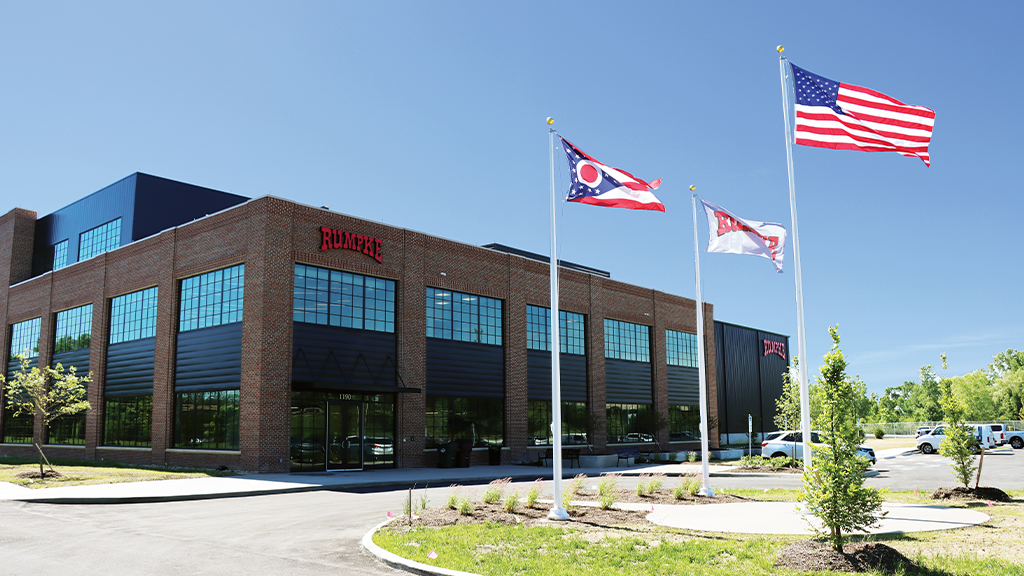Commentary: The circular economy - reducing ocean plastics at the source

by David Rachelson
It was recently reported that a dead whale was found washed up on a beach in the Philippines with a total of 88 pounds of plastic products inside its body. While this is a record, it is unfortunately not surprising given that another whale was found dead in Spain in February filled with 64 pounds of trash, and last November another was found in Indonesia with 13 pounds of plastic in its body.
In 2015 a report by the journal Science estimated that 5-13 million metric tons of plastic waste finds its way into our oceans every year. While this is mostly concentrated around China, Indonesia, and the Philippines, all of the world's oceans fall victim to plastic ocean pollution, with the now-famous Great Pacific Garbage Patch, the largest accumulation of ocean plastic in the world, located between Hawaii and California.
This striking danger to marine wildlife, large and small, is going to get worse before it gets better if we don't first address the fundamental issues surrounding the global economy's continuing dependence on single-use plastics.
The circular economy looks to prevent depletion of finite natural resources out of the global economy, and instead better use the natural resources we've already extracted to extend their useful lives.
The ocean plastic crisis compels us to address fundamental problems in global waste and recycling practices, both at home and abroad. We must make systemic changes that incentivize material producers, product manufacturers, and recovery systems to abandon dependence on single-use plastics in favor of widespread adoption of circular solutions that create value from materials already in circulation, redirecting "waste" generated from the prevailing linear take-make-dispose model as inputs for new products.
While recycling is one way to ensure that plastics are saved from finding their way into the ocean (recycling is arguably the most important element of the circular economy), reducing our need for these plastics in the first place is the number one thing we can do to dramatically decrease the number of plastic products harming our oceans and marine wildlife. Every time you refuse a plastic straw at your favorite fast-food restaurant, or purchase fruit and vegetables from a grocery store that doesn't enclose their produce in an extra layer of plastic, you're contributing to the circular economy.
Reducing ocean plastics at the source isn't going to happen overnight, but here at Rubicon Global, we believe that when you reward companies that take a sustainable approach to business (and encourage those that don't to change their ways), you are taking a powerful step in the direction toward a more circular, and sustainable, future.
David Rachelson is Vice President of Sustainability at Rubicon Global, a technology company that powers a digital marketplace, provides a suite of SaaS products for waste, recycling, and smart city solutions, and collects and analyzes data for businesses and governments worldwide. Contact David at [email protected].
Rubicon Global most recently announced the company has been selected as an approved service provider for the nationally-recognized HGACBuy program, a U.S. government procurement service striving to make the governmental procurement process more efficient. Starting this month, cities and local governments across the U.S. will be able to purchase RUBICONSmartCity directly though HGACBuy in the "Smart City Fleet Services Equipment" category.
"Cities and local governments across the country will now be able to secure the RUBICONSmartCity technology platform through HGACBuy, which will dramatically help to accelerate the procurement timeline," said Michael Allegretti, Chief Public Strategy Officer at Rubicon Global. "As more and more cities look to implement technology as a central part of a path towards greater sustainability and ending waste, Rubicon will continue to be at the forefront of setting the smart cities agenda, and we are thrilled to be a part of the HGACBuy consortium to help make that mission a reality for cities and municipalities."
RUBICONSmartCity has been rolled out in more than 30 cities across the United States. In addition to now being available on the HGACBuy consortium, it can also be purchased directly on the Amazon Web Services (AWS) marketplace.
Cities interested in learning more about RUBICONSmartCity can visit https://www.rubiconglobal.com/home-government/ to request a demonstration.



